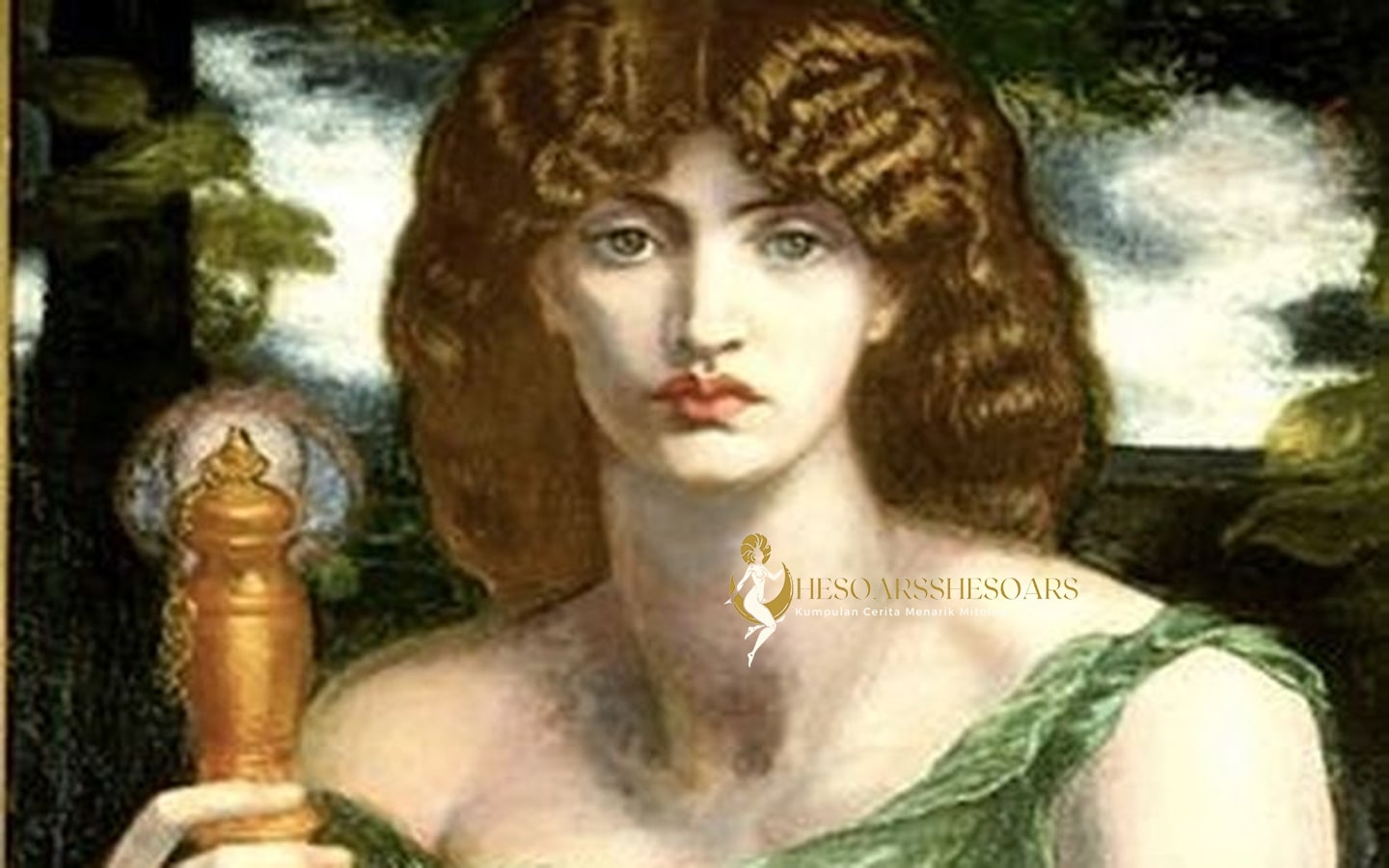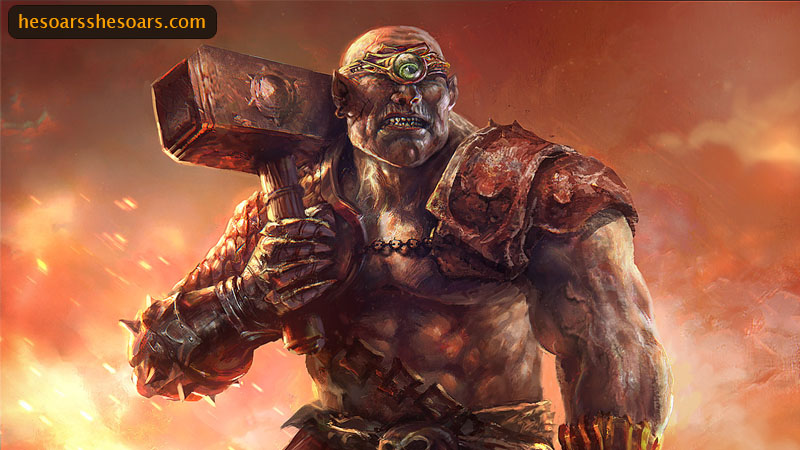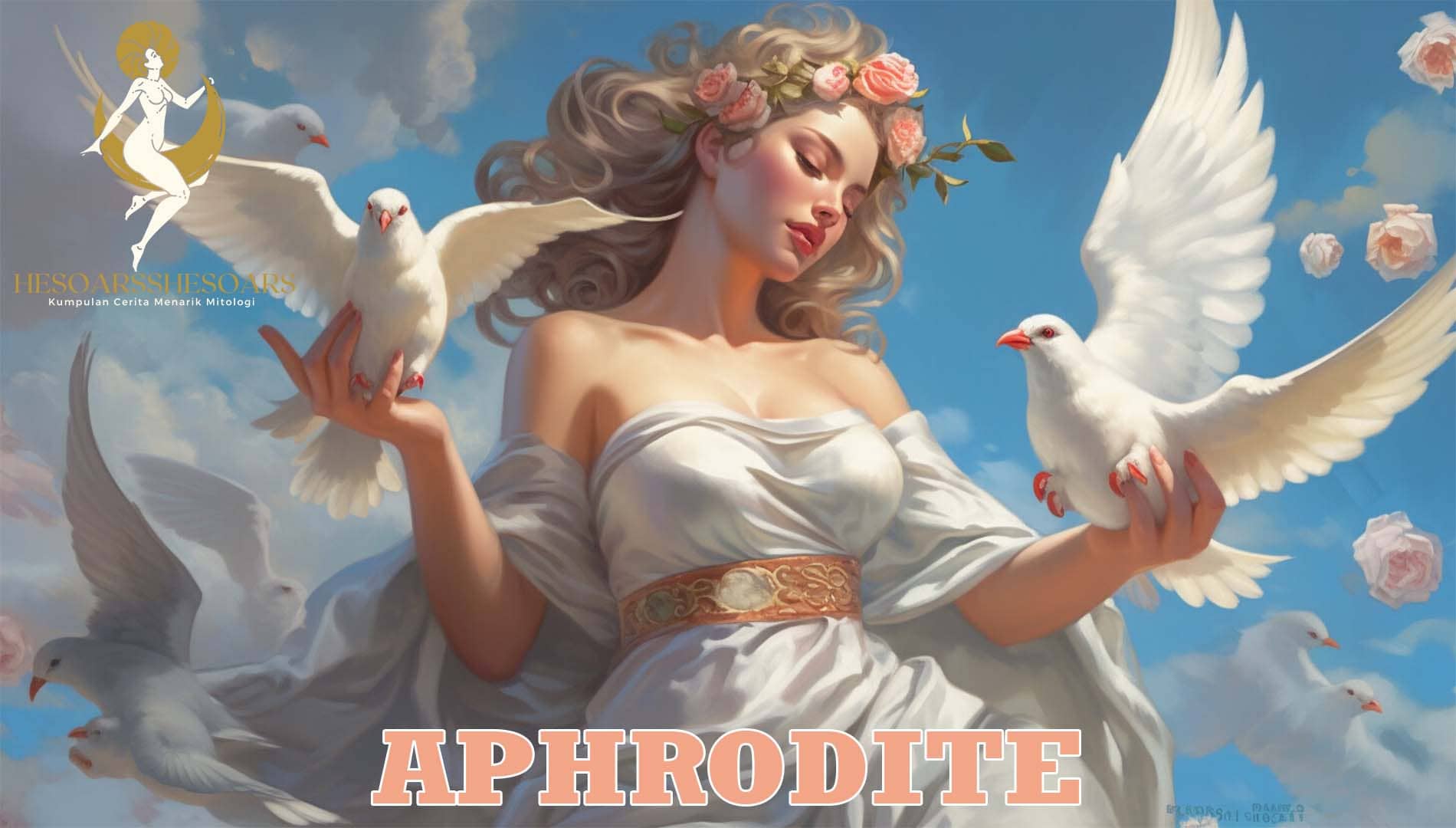Introduction
Pegasus, the magnificent winged horse of Greek mythology, has been a symbol of freedom, inspiration, and poetic genius for centuries. This mythical creature has captured the imagination of many, from ancient poets to modern-day artists. We delve into the origins, stories, and cultural significance of Pegasus in Greek mythology.
Origins of Pegasus
Pegasus is believed to have been born from the blood of Medusa, a Gorgon beheaded by the hero Perseus. According to legend, when Perseus decapitated Medusa, Pegasus sprang forth from her neck, along with his brother, the giant Chrysaor. Unlike his monstrous mother, Pegasus was a creature of beauty and grace.
Pegasus and Bellerophon
One of the most famous myths involving Pegasus is his connection with the hero Bellerophon. Bellerophon, with the help of Athena, tamed this horse by using a golden bridle. Together, they undertook several adventures, including the defeat of the monstrous Chimera. However, Bellerophon’s hubris led him to attempt to fly to Mount Olympus, the home of the gods. Zeus, angered by this act of arrogance, sent a gadfly to sting this horse, causing Bellerophon to fall back to Earth.
Pegasus and the Muses
Pegasus also played a pivotal role in the creation of the Hippocrene, the fountain of the Muses on Mount Helicon. Legend has it that the horse struck his hoof on the ground, and the spring burst forth, providing inspiration to all who drank its waters. This act solidified Pegasus’s association with poetic inspiration and the arts.
Symbolism and Cultural Impact
Pegasus has been a symbol of inspiration and freedom across various cultures. In Greek mythology, his flight represents an escape from earthly constraints and the pursuit of heavenly ideals. Pegasus is often depicted in art and literature as a symbol of creativity, freedom, and the unbridled spirit of adventure.
The story of this horse remains one of the most enchanting tales in Greek mythology. This winged horse symbolizes not just the freedom of flight but also the boundless realms of imagination and inspiration. Pegasus continues to inspire artists, writers, and dreamers, serving as a timeless emblem of the human spirit’s quest for the extraordinary.
Pegasus in Modern Culture
Artistic Depictions
In the world of art, this horse has been a subject of fascination for centuries. From Renaissance paintings to contemporary sculptures, artists have depicted this mythical creature in various forms and styles. These works often emphasize Pegasus’s grace and majesty, capturing the essence of his freedom and power.
Influence on Astronomy
Pegasus has also left his mark in the stars. The constellation this horse, easily recognizable by its distinctive ‘Great Square’ pattern, was named in his honor. This celestial representation immortalizes the winged horse’s place in both mythology and the night sky, inspiring astronomers and stargazers alike.
Conclusion
Pegasus’s enduring legacy in modern culture is a testament to his significance in Greek mythology. As a creature that transcends the boundaries of time and space, he continues to inspire and captivate the imagination of people around the world. Whether in the arts, literature, or the stars, this horse remains a powerful symbol of freedom, inspiration, and the human spirit’s endless potential.




